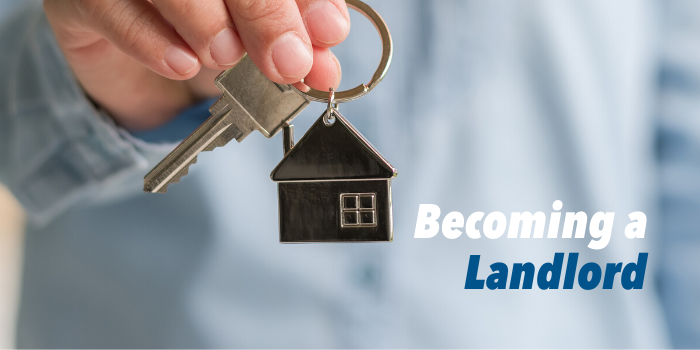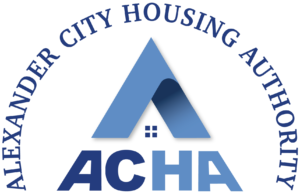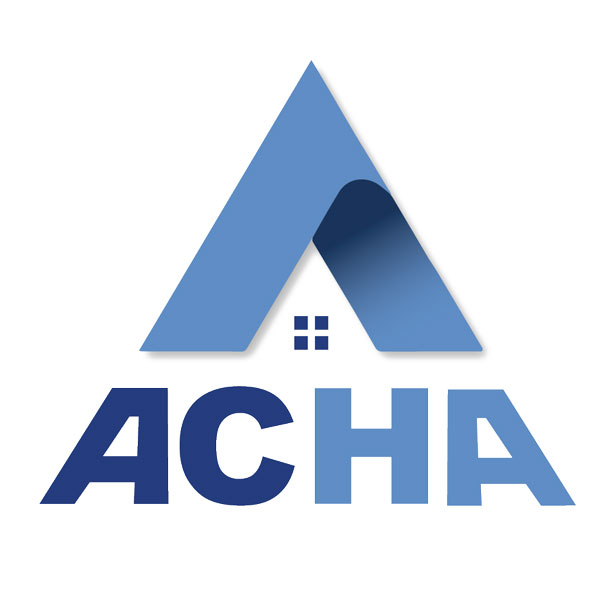
Here's what you need to know about becoming a public housing landlord under HUD requirements:
- Understand the basics of public housing: Before you dive into the specifics of becoming a public housing landlord, it’s important to have a basic understanding of what public housing is and how it works. Public housing is a government-funded program that provides low-income families and individuals with safe, decent, and affordable housing. Public housing is typically managed by local housing authorities and subsidized by the federal government.
- Meet the eligibility requirements: To become a public housing landlord under HUD requirements, you’ll need to meet certain eligibility requirements. These requirements vary depending on the specific program you’re interested in participating in, but typically include things like having a good credit score, a clean criminal record, and the ability to maintain the property in compliance with HUD regulations.
- Register with HUD: Once you’ve determined that you meet the eligibility requirements, you’ll need to register with HUD. This involves completing an application and submitting it to the appropriate HUD office. You’ll also need to provide documentation to support your application, such as proof of ownership of the property you plan to use as public housing.
- Attend HUD training: Before you can become a public housing landlord, you’ll need to attend HUD training. This training will provide you with the knowledge and skills you need to manage your public housing property effectively. The training may cover topics such as tenant screening, fair housing laws, and property maintenance.
- Prepare your property: Once you’ve completed the registration process and attended HUD training, it’s time to prepare your property for public housing. This may involve making repairs or upgrades to the property to ensure that it meets HUD’s standards for safety and quality. You’ll also need to set up a system for managing your tenants, including screening applicants, collecting rent, and handling maintenance requests.
Advertise your property: Once your property is ready to go, you’ll need to advertise it to potential tenants. HUD provides a list of properties that are available for public housing, so you’ll want to make sure your property is listed on this site. You may also want to advertise your property through local housing authorities, community organizations, or other channels.
Maintain compliance with HUD regulations: Finally, it’s important to remember that as a public housing landlord, you’ll be responsible for maintaining compliance with HUD regulations. This means regularly inspecting your property to ensure that it meets HUD’s standards, responding promptly to tenant requests, and staying up-to-date on any changes to HUD policies or procedures.
Becoming a public housing landlord under HUD requirements can be a rewarding experience that allows you to make a positive impact in your community. By following these steps and staying committed to providing safe, decent, and affordable housing to low-income families and individuals, you can build a successful public housing program that benefits everyone involved.
Participating Landlord
If you are a participating landlord, you should have received account login information for secure online access to your Housing Choice Voucher account. Participating landlords enrolled in Direct Deposit can now reconcile monthly accounts using real-time account information.
Along with managing your Housing Assistance Payments, the new website also makes it much easier for participating landlords to keep in close touch with ACHA’s inspections department, including schedule monitoring and messaging.







